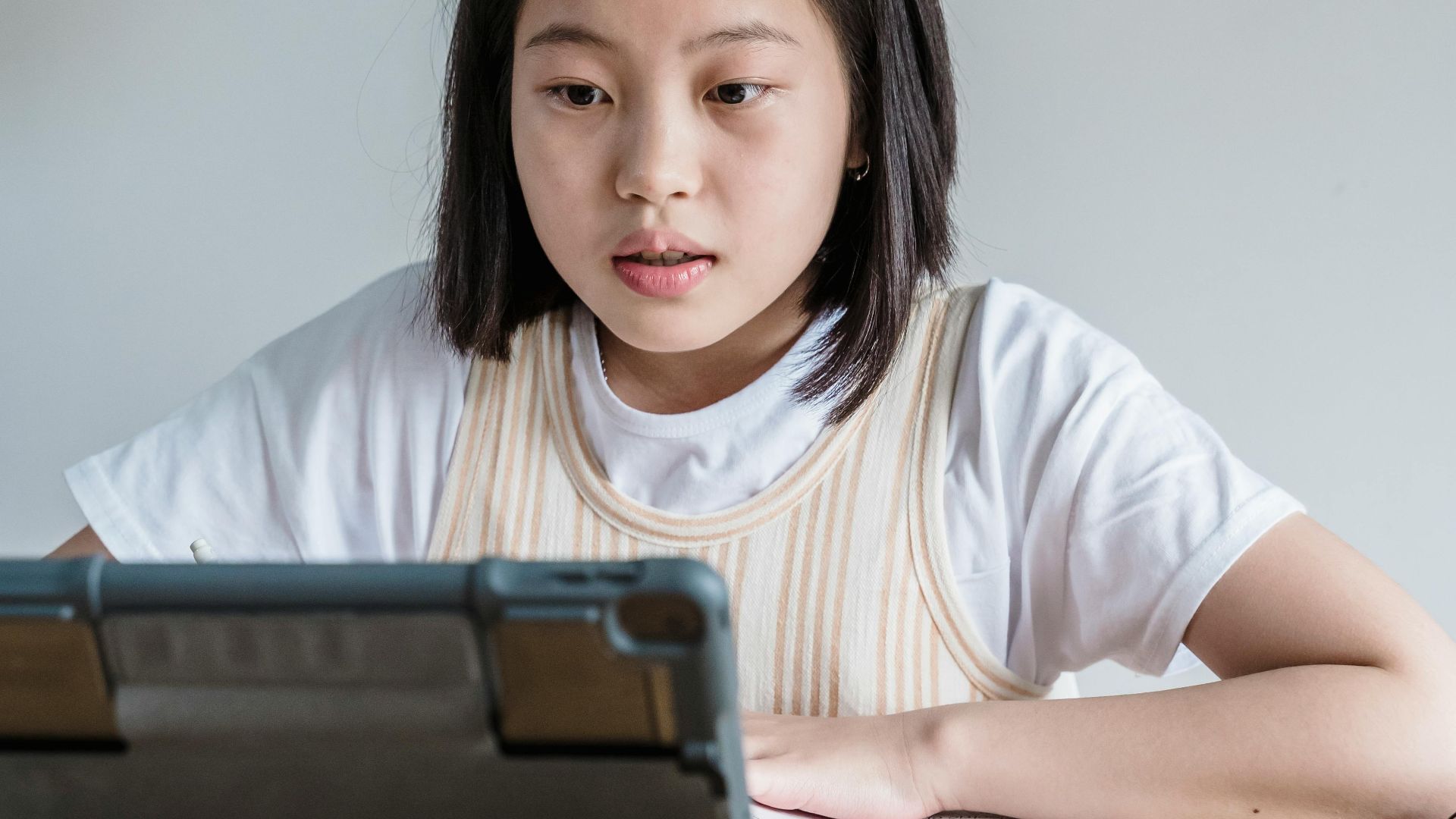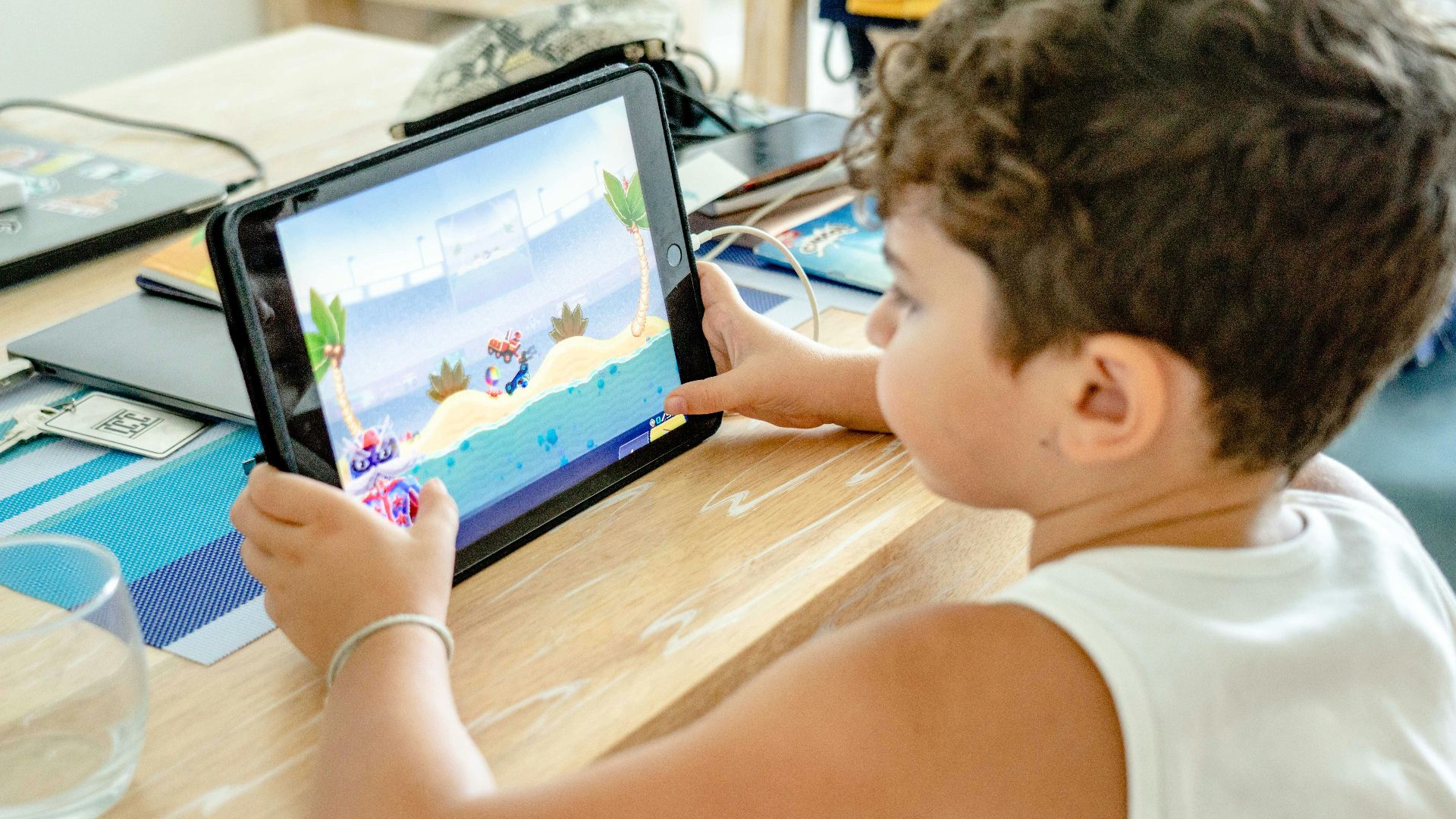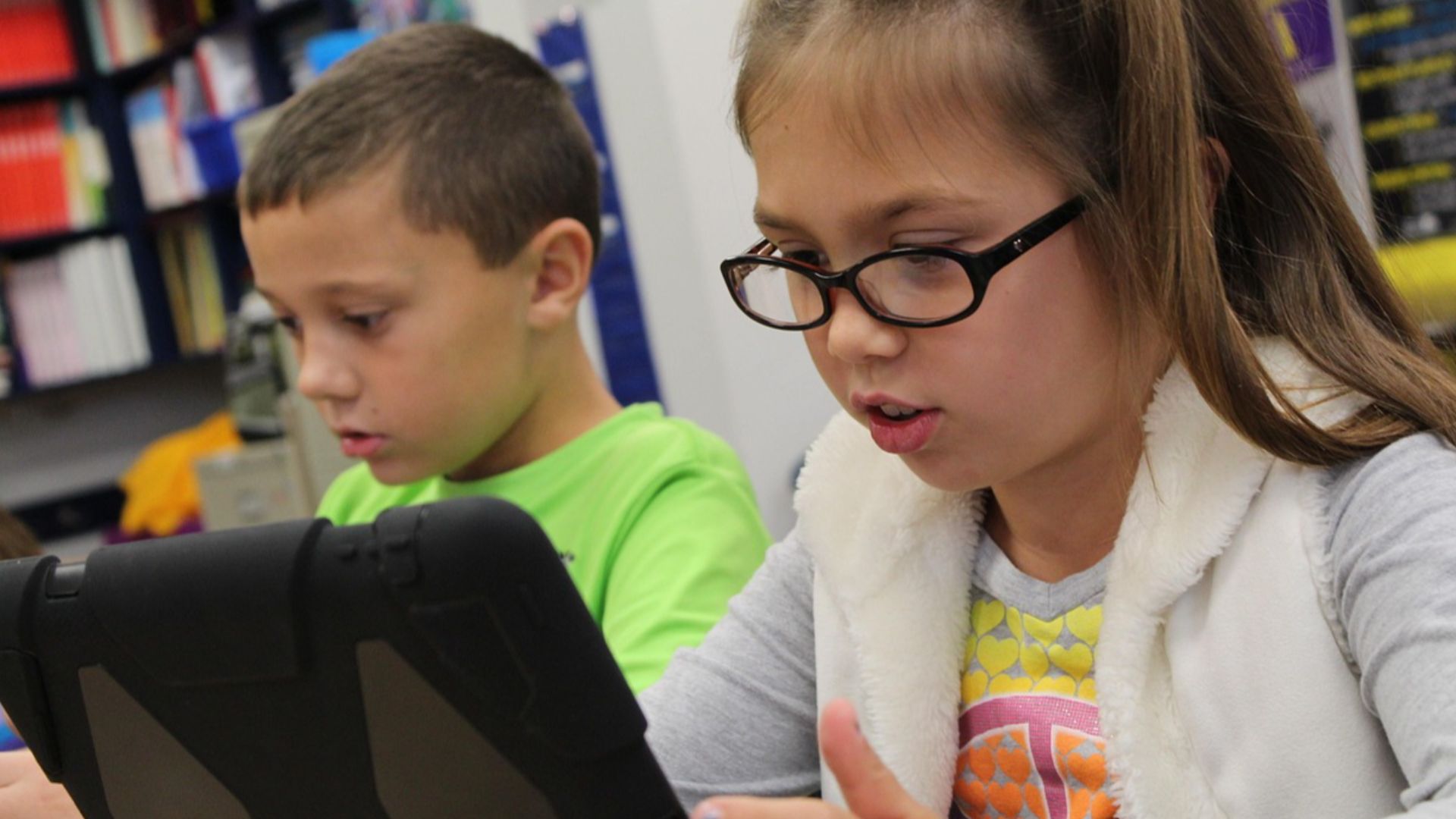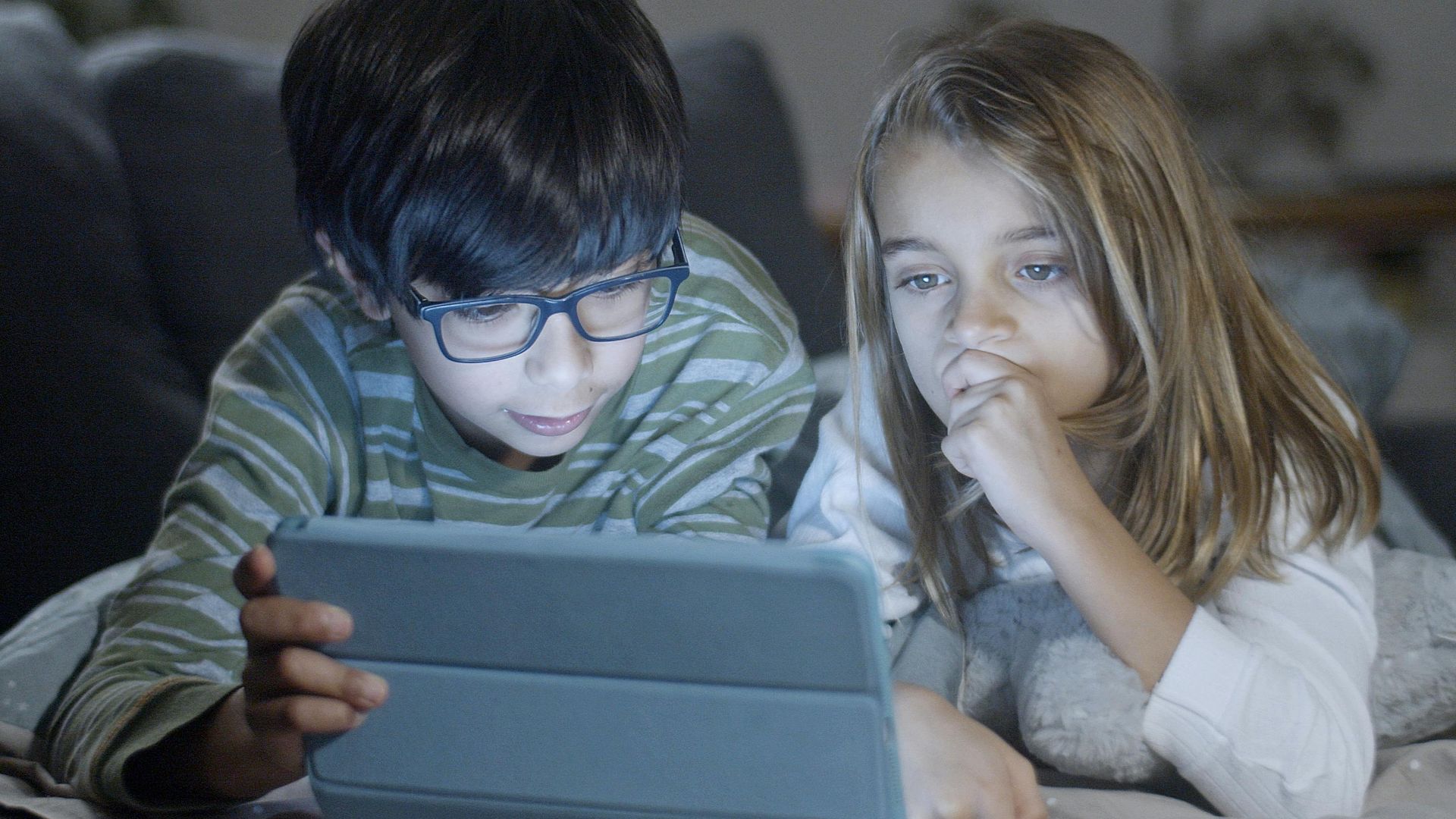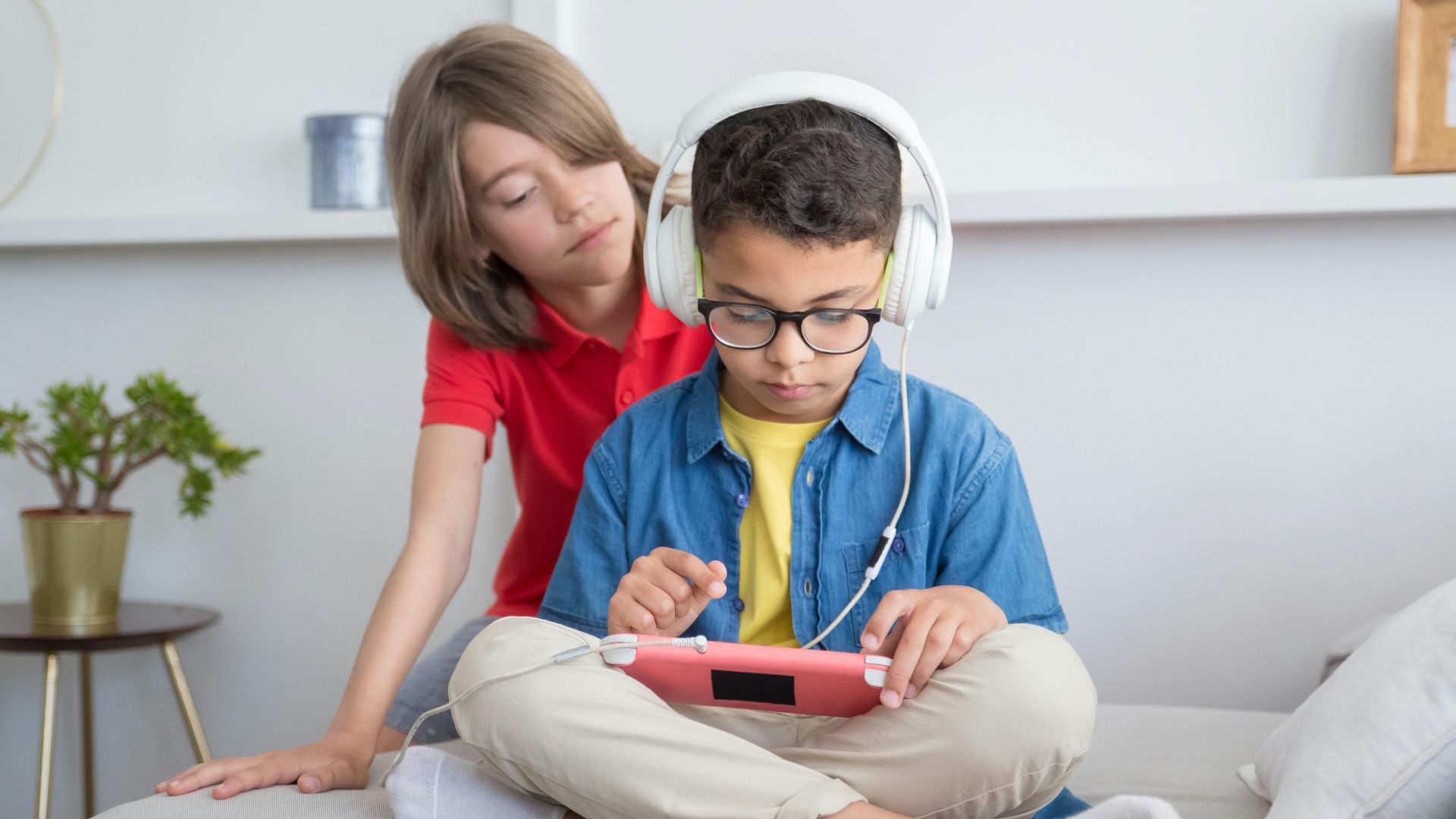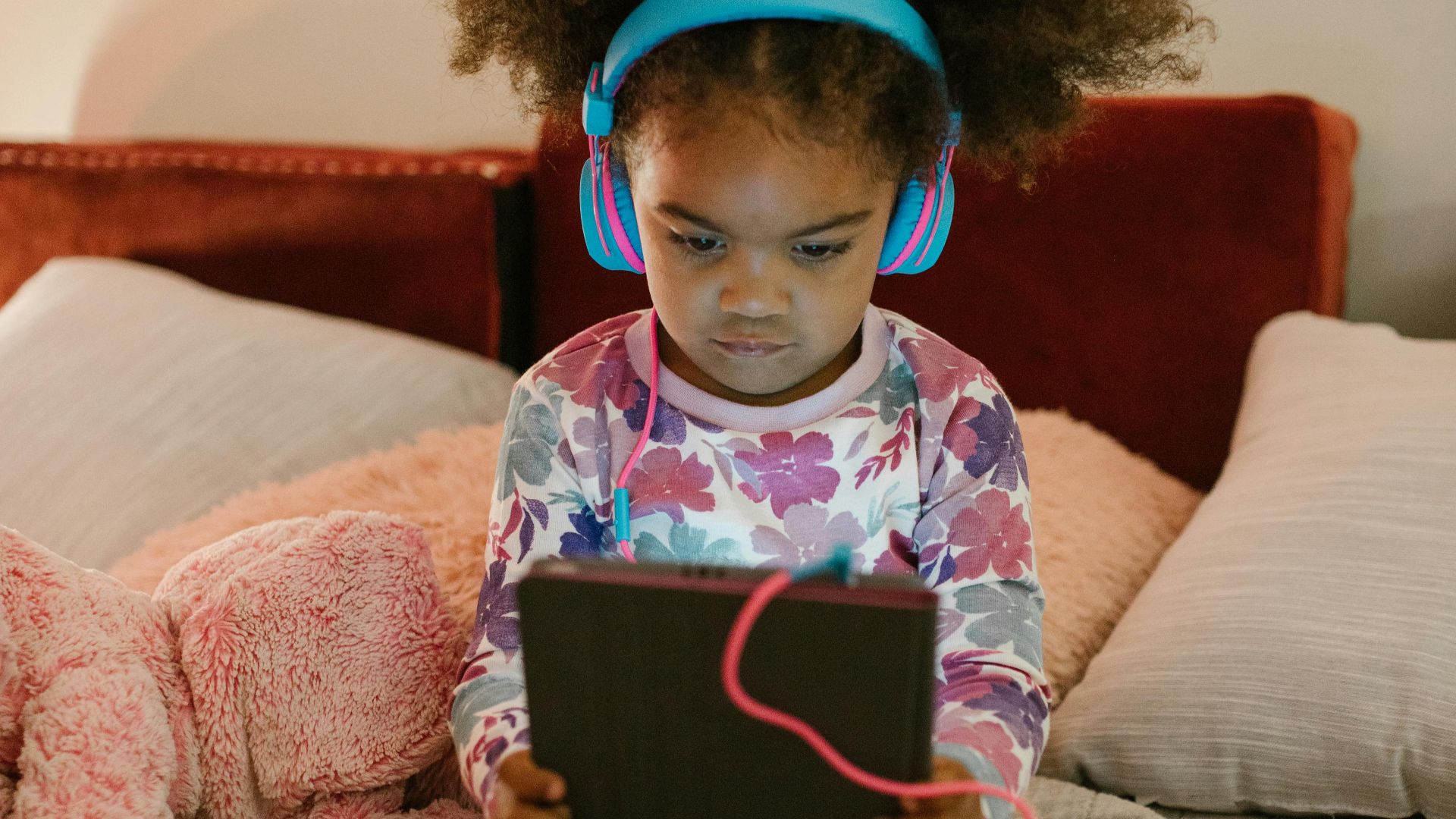The Tablet Dilemma
Tablets have become a common part of childhood as they offer opportunities for growing minds. However, while they can support learning and creativity, they also raise some valid concerns. Parents and caregivers must, therefore, make informed choices. Ahead, we break down the top benefits and biggest drawbacks to help you decide what's right for your family. Let's start with the pros of giving your child a tablet.
1. Boosts Early Learning Through Educational Apps
Educational apps make early learning accessible and fun. With engaging visuals and sound cues, children effortlessly absorb letters, numbers, and shapes. Many are aligned with early childhood curricula, providing children with a strong academic foundation before they begin school.
2. Encourages Creativity With Drawing And Music Tools
Tablets offer kids a digital playground for creativity. They can explore storytelling and music-making in a risk-free space. These tools foster experimentation and confidence, especially when children proudly share their creations with family members who cheer them on.
 Photo By: Kaboompics.com on Pexels
Photo By: Kaboompics.com on Pexels
3. Improves Reading Habits Using Interactive E-books
Interactive e-books are designed to support reading growth. Children can tap words to hear pronunciation, follow along with highlighted text, and explore vast digital libraries tailored to their interests. Tables also make books more accessible while boosting comprehension and vocabulary.
4. Builds Tech-Savviness With Kid-Friendly Interfaces
Digital literacy starts early when children interact with user-friendly tablet layouts. It can even help the kids build confidence in handling technology through touch gestures and intuitive icons. The hands-on experience prepares them for tech-integrated classrooms and future learning environments.
 Antoni Shkraba Studio on Pexels
Antoni Shkraba Studio on Pexels
5. Enhances Language Skills Through Multilingual Games
Through multilingual games, kids are playfully introduced to new languages. This is possible through songs and voice-led activities that reinforce vocabulary. The ability to effortlessly switch between languages makes learning fun while building the foundation for multilingual communication skills.
6. Facilitates Visual Learning With Animated Lessons
Bright colors and motion hold attention longer than still images, making it easier to absorb new concepts. Combined with animated lessons, they can turn abstract ideas into visual steps that children can follow. This way, their understanding of subjects like Maths is deepened.
7. Strengthens Problem-Solving Using Logic-Based Games
Logic games challenge children to think ahead, adapt quickly, and solve puzzles under pressure. They provide moments of trial and success, which help build resilience while teaching kids principles of cause and effect. Each level sharpens critical thinking and decision-making skills.
8. Supports Special Needs With Adaptive Accessibility Features
Tablets can be life-changing tools for children with special needs. From voice commands to text-to-speech and adjustable visuals, accessibility features support a wide range of abilities. The consistent format also creates a calming learning environment, reducing sensory overload and anxiety.
9. Enables Safe Communication With Family Via Video Calls
Tablets help kids stay connected with loved ones. Through video calls, children can regularly see and talk to relatives, regardless of the distance. Parental controls ensure calls are safe, while regular conversations help kids build confidence in verbal expression.
10. Offers Entertainment On Long Trips Without Fuss
Traveling with children becomes less stressful when tablets are part of the plan. Audiobooks and downloaded shows keep kids engaged for hours. Using headphones helps maintain a peaceful atmosphere, and familiar content can ease anxiety in unfamiliar surroundings.
While tablets offer these advantages, they also come with important risks that can’t be overlooked. Here are some.
1. Increases Risk Of Screen Addiction And Meltdowns
Some apps are designed to keep kids hooked with rewards and fast-paced interaction. Without limits, kids can be addicted to screen time and have meltdowns when asked to unplug. Such kids may also find it difficult to return to offline activities.
2. Disrupts Sleep Patterns Due To Blue Light Exposure
The blue light emitted from screens affects sleep by altering the release of melatonin, the hormone that regulates sleep. Without supervision, kids may stay up late watching videos. This interference can lead to restless nights and poor focus during the day.
3. Reduces Physical Activity Leading To Sedentary Behavior
Long periods of sitting can slow motor development and affect posture. When screens replace running, climbing, and outdoor fun, kids become less active overall. Over time, this shift may lead to reduced strength and coordination during critical growth stages.
4. Exposes Kids To In-App Ads And Microtransactions
Many “free” apps include hidden purchases and pop-up ads not designed for children. One accidental tap could lead to unexpected charges. Plus, repeated exposure to ads may influence kids’ views on money and material value at an early age.
5. Hampers Social Skills With Less Face-To-Face Interaction
Social development thrives on real-world interactions, not just screen time. When kids rely on tablets for entertainment, they miss chances to practice eye contact or engage in conversation. These in-person skills are vital for healthy emotional growth.
6. Introduces Privacy Risks Through Data Collection
Not all children’s apps are safe. Some silently collect user data, including location or behavior patterns. Free games may also request unnecessary permissions, and without proper parental settings, kids could unknowingly share personal details like names or addresses.
 Photo By: Kaboompics.com on Pexels
Photo By: Kaboompics.com on Pexels
7. Raises Concerns About Inappropriate Content Access
Some platforms fail to filter harmful content. Autoplay features and embedded ads may lead children to videos or apps containing violent, scary, or misleading material. If strict parental controls are lacking, what starts as safe browsing can take a troubling turn.
8. May Encourage Seeking Instant Gratification, Impacting Patience
Quick wins and fast rewards are built into many tablet games, training kids to expect immediate results. As a result, activities that require focus or delayed payoff—like puzzles or reading—can seem boring. Children may need help learning to value effort and persistence again.
9. Causes Eye Strain And Potential Vision Issues
Screens demand focus, and children often forget to blink or look away. Such extended tablet use can cause headaches or blurry vision. Moreover, holding devices too close only adds pressure to developing eyes, increasing the risk of digital eye fatigue.
10. Limits Imaginative Play With Overstimulating Media
Imaginative thinking thrives in quiet moments, but fast-moving apps can crowd those out. Tablets often provide preset visuals and sounds, leaving little room for creative exploration. Over time, kids may grow less interested in toys that require them to invent their own stories.




